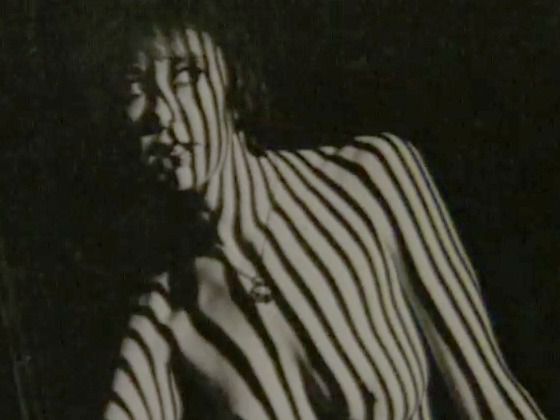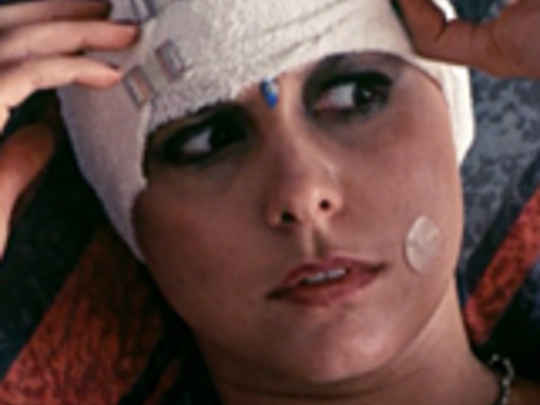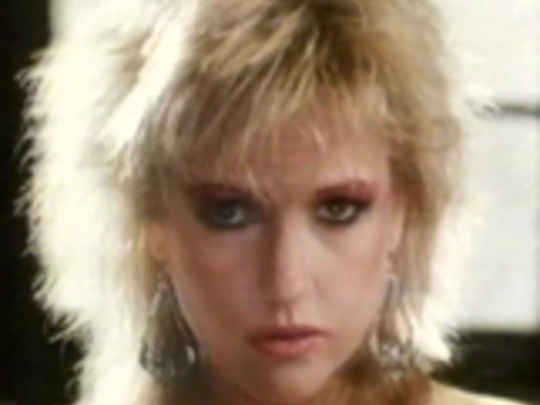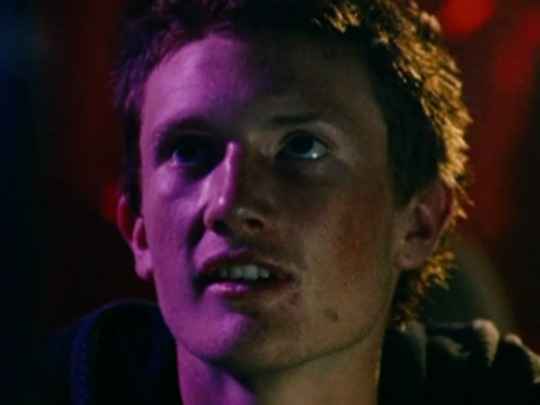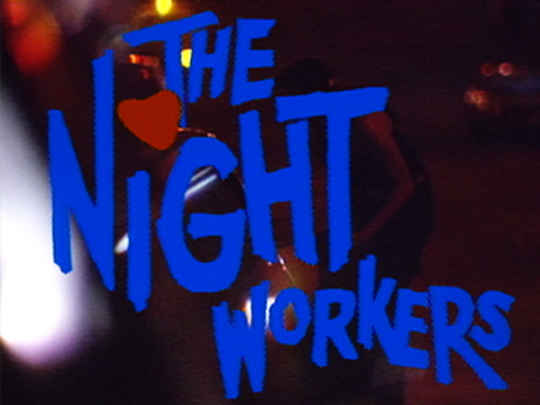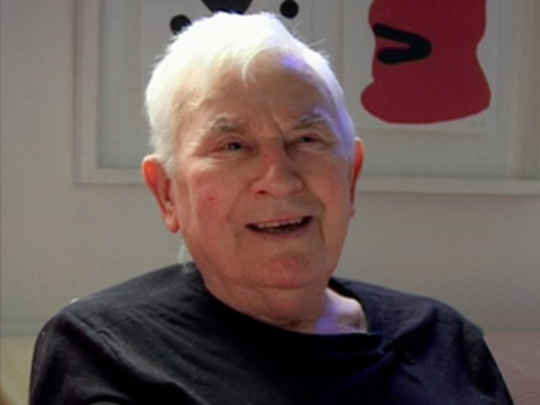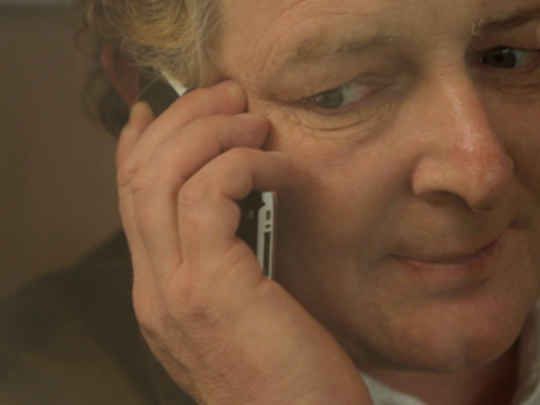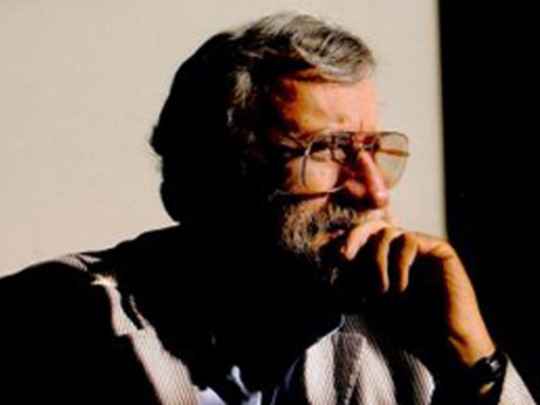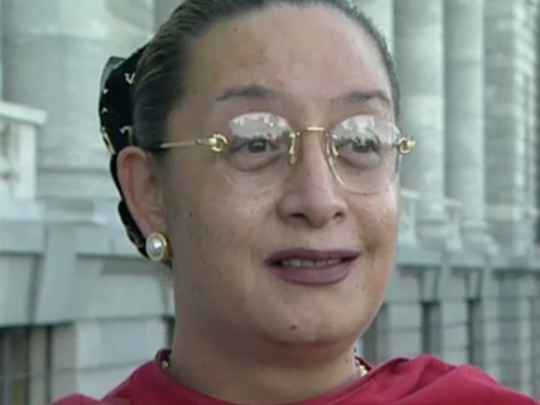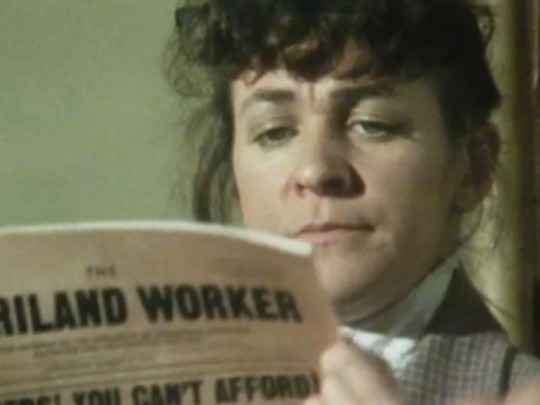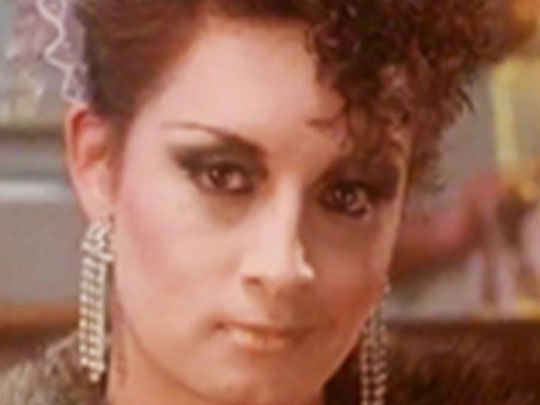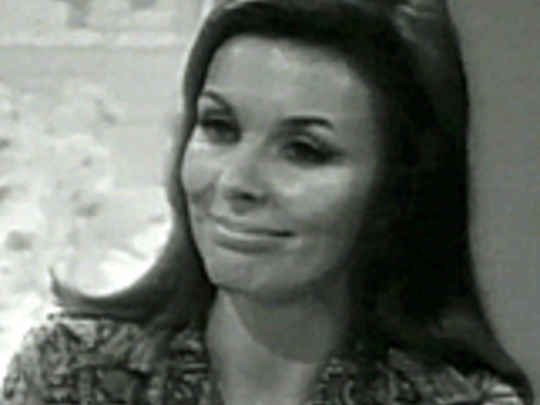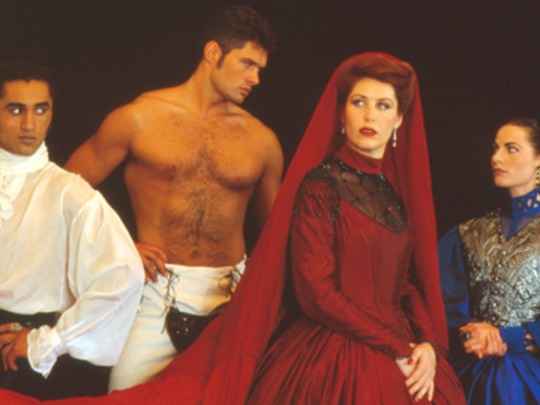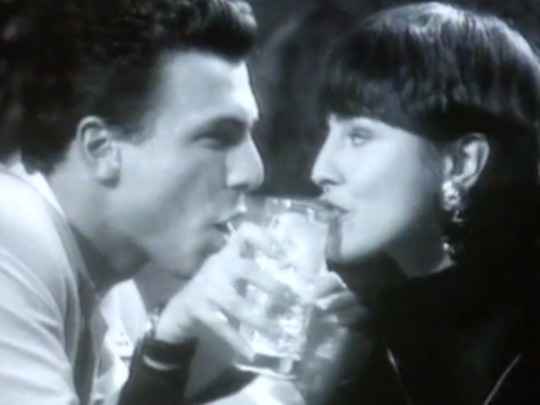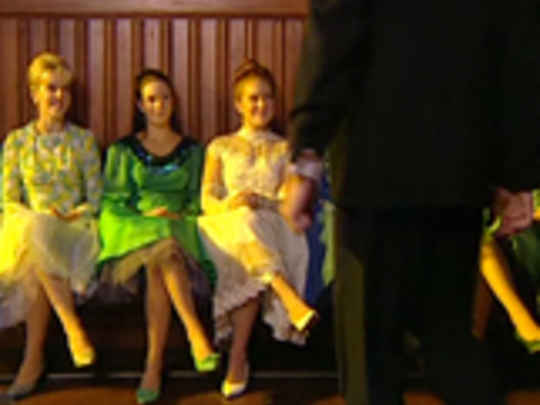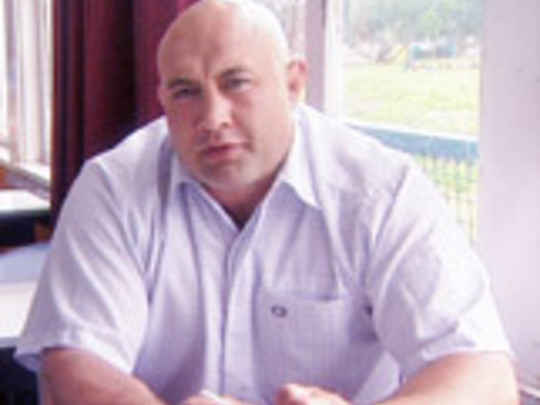A Double Standard
Television (Full Length) – 1994
A perspective
Sex and titillation seem less prevalent on New Zealand TV screens at the time of writing [2008], but in the early 90s, things were different. Networks pushed sex as hard as they could, disguising their 'naked' exploitation of the audience's prurient interest under the guise of public service. Hence an array of supposedly serious minded documentaries about breasts, and penises.
The stage was set for a collision between a network broadcaster and a genuinely serious film-maker, and it happened with the aptly titled A Double Standard.
What seems to have occurred is a case of last minute cold feet. Having initially approved the delivery cut of the film, TV3 network executive Geoff Steven chose to lop 90 seconds out of it prior to broadcast. The director, Clare O'Leary, was upset, and complained publicly.
The bone of contention appears to have been a short sequence of simulated flagellation. That sequence seems unexceptional compared to some other more risqué moments, but this disagreement underlines how subjective the question of offensiveness can be.
A Double Standard is a straightforward film about a tricky subject. It penetrates a secret world cloaked in myth and misinformation. Its purpose is to create insight and empathy. It does this quite successfully by exposing the stories of a wide group of people in a non-judgemental way.
O'Leary interviews not only women with predictable histories of abuse and poverty, but dropouts from the middle classes as well. Their narratives share a common theme of choice and hope.
A pleasant surprise is that the hysterically strident anti male posturing of typical feminist tracts is absent here. In fact, the depiction of male pimps and customers offers some of the film's most interesting treatments.
Seen from today's [2008's] perspective, A Double Standard offers a fascinating time capsule view of a period that seems surprisingly distant. Were the 1990's really so long ago? Apparently. The scourge of AIDS has at least had the benefit of burning away the social hypocrisy which drove official harassment of sex workers. The issues surrounding criminalisation are thankfully well and truly behind us.
But the more things change, the more they stay the same. The largely economic imperative forcing women to sell their bodies is timeless.
An interesting aspect of this programme was the vital cooperation of the sex workers union - the Prostitutes Collective. This was gained via an offer to help the Collective produce a guide to safe sex. The shooting of Sold on Safe Sex - which went on to be a staple part of the education of New Zealand prostitutes through the 1990s - is incorporated as a 'film within a film' during A Double Standard.
